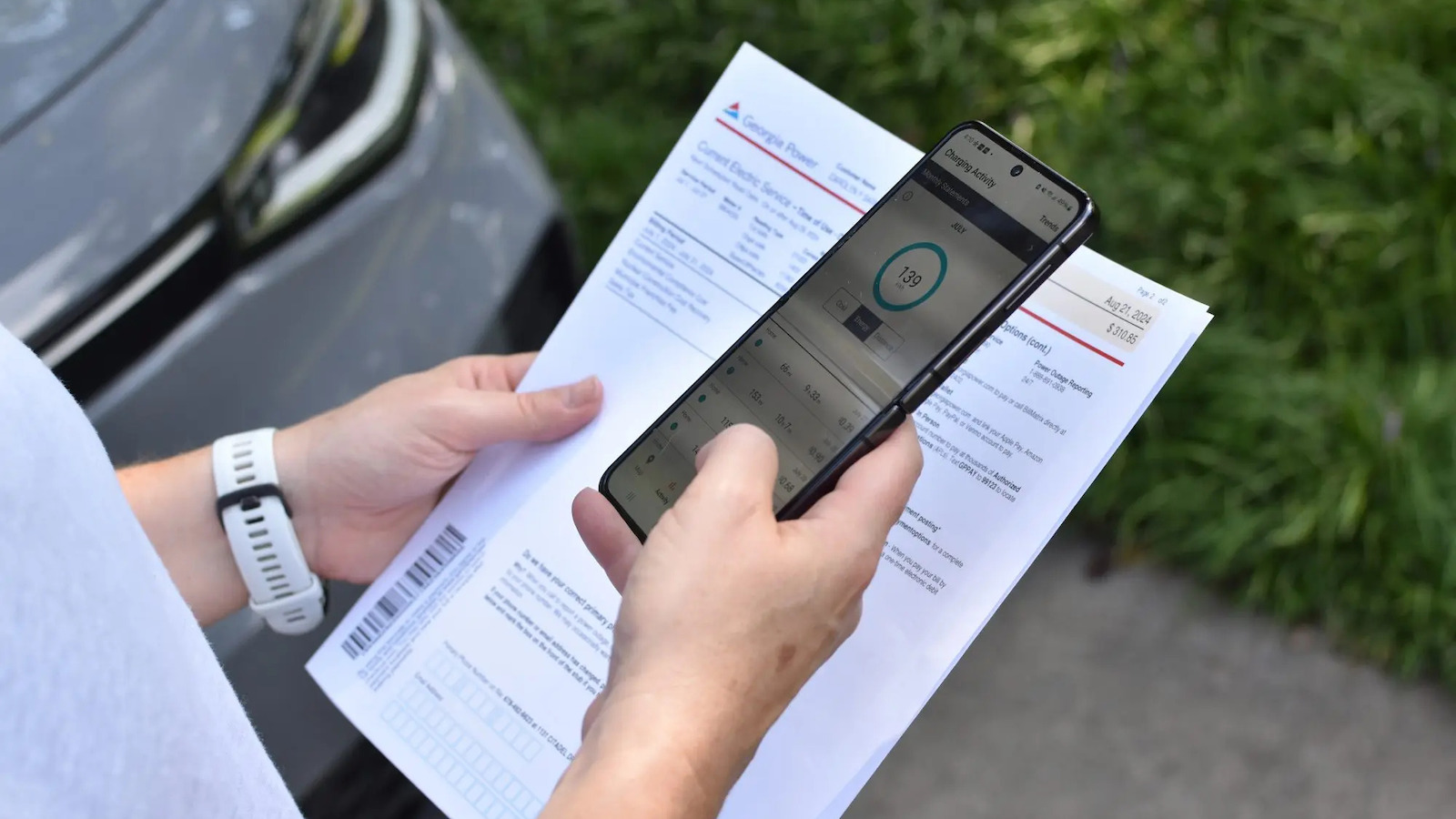This coverage is made possible through a partnership between Grist and WABE, Atlanta’s NPR station.
While any election brings ads, events, door-knocking, and other efforts to remind people to get to the polls, this year campaign workers concerned with Georgia’s Public Service Commission races have another hurdle: education.
Climate and environment organizers gathered in Atlanta recently to strategize about how to mobilize voters ahead of November’s election for two seats on the Georgia PSC. Dubbed “Watts at Stake,” the event brought together organizers, community leaders, and influencers to hear about the importance of the somewhat obscure state agency — a message the speakers view as critical this election cycle.
“If you ask most people, they don’t know what the PSC is,” Russell Armstrong with Black Futures Lab, a group focused on leveraging Black electoral power, told Grist.
But, Armstrong and others said, voters care about what the PSC does, once they understand it.
The commission regulates utilities in Georgia, including overseeing Georgia Power’s plans and rates — and power bills are climbing. That motivates voters, according to strategists across the political spectrum.
“That’s a galvanizing, dare I say energizing, message that will get Georgia voters out,” said Carmen Bergman, an advisor to incumbent Republican commissioner Fitz Johnson’s campaign.
Experts and advocates elsewhere are also invested in the Georgia PSC because while power bills are going up nationwide, Georgia is one of only ten states that directly elects the utility commissioners who have final say over electricity rates.
“There actually is more power for the consumer in a state like Georgia than in any other state because they vote for their regulators,” Charles Hua, founder of the utility advocacy and education group PowerLines, told reporters ahead of last weekend’s organizing event. “The challenge is how do we get that education and awareness in front of as many folks as possible?”
One of the biggest jobs for the Georgia PSC is regulating Georgia Power. That includes how power is made — which has an impact on climate change because power plants are a major source of emissions — and how much energy costs, which affects the millions of Georgians who get their electricity from the company.
There are five statewide elected commissioners who serve staggered terms. Currently they are all Republicans. This year, Tim Echols and Fitz Johnson are up for election. Johnson is running against Democrat Peter Hubbard and Echols is facing Democrat Alicia Johnson.
Helping voters make the connection between their power bills and the two seats on the ballot this year is proving to be an all-out, statewide effort. Groups like Georgia Conservation Voters, one of the organizers of last weekend’s summit, said they are holding both virtual and in-person town halls to educate voters. Black Futures Lab has volunteers knocking on doors and is holding a series of events in South Georgia.
“The main thing is showing people that, hey, we hold the power, we hold the keys to this election and every other election from here to come,” said Omega Calhoun, who spearheads their efforts in Valdosta.
Bergman said the Johnson campaign is taking an “all of the above” approach to getting the word out, including events, canvassing, and ads.
“There’s going to be no stone left unturned to make sure voters know that there is a difference on the ballot,” she said.
This kind of effort is pretty novel for a down-ballot race in Georgia, according to Georgia State University public policy professor Tammy Greer. Voters would benefit from more education and engagement in other races, too, she said, including lieutenant governor and the commissioners of insurance, labor, and agriculture.
“These spaces have so much policy implications over people in the state that we really don’t pay attention to,” Greer said. “If we paid closer attention to their platforms then perhaps we can start electing individuals that are looking out for all of our best interests.”
This is also an unusual year for a typically low-profile election because the PSC seats are the only statewide races on the ballot, but there are local elections in some of the major cities, including Atlanta. So while Georgia’s Republican-leaning rural areas often carry state elections, without a governor’s race or even mayoral race to get many rural voters to the polls, Greer said, Democratic voters in cities could decide the PSC races.
“And I think that the folks on the commission understand that,” Greer said. “They understand the tide is changing.”
She pointed to the PSC’s unanimous vote earlier this year to temporarily freeze power rates as a sign the five current commissioners know that high power bills are driving voters and that what Greer called “a bit of dissent” could soon join the currently all-Republican commission.
Source link
Emily Jones grist.org



